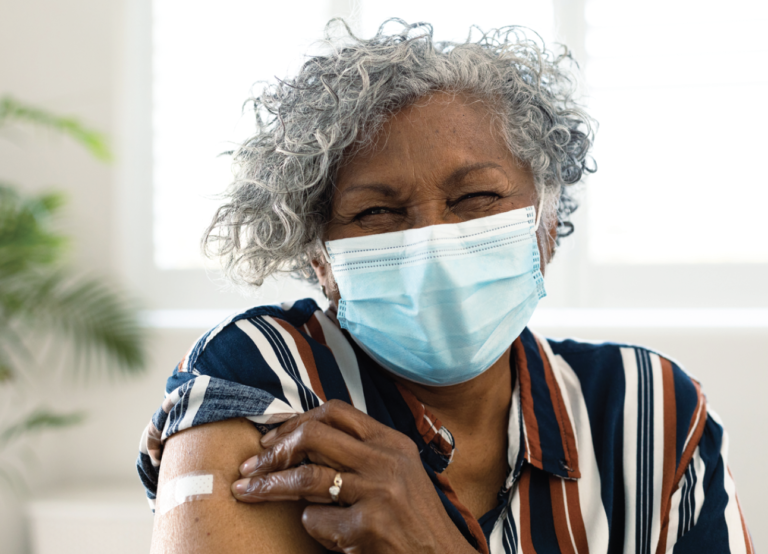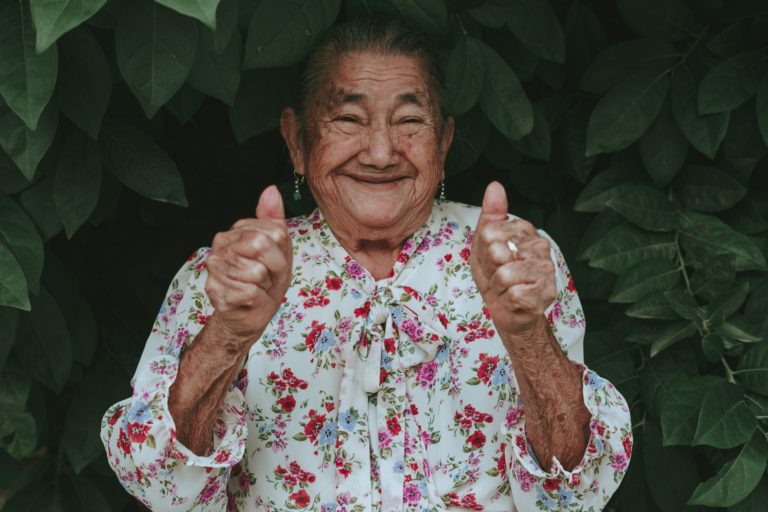Covid-19 vaccines have recently stolen the spotlight, but other vaccines are also important to keep older adults healthy. Consider these key immunizations, says June McKoy, MD, MPH, an internist and geriatrician at Northwestern Medicine.
Influenza. This shot, refined annually, protects against the four flu strains expected to be most common each year and reduces the risk of life-threatening complications. People 65 and older are eligible for a high-dose flu shot, which is associated with a stronger immune response in older adults.
Frequency: Once a year.
Pneumococcal. Adults 65 and older should receive the PPSV23 vaccine, which protects against 23 pneumococcal strains that cause pneumonia and other infections. Some people, including those who are immunocompromised, face increased risk and may also need the PCV13, which covers 13 strains, including some not covered by PPSV23.
Frequency: One dose of PPSV23, age 65 and older.
Shingles. To avoid the painful rash and complications of shingles, people over 50 should receive the Shingrix vaccine.
Frequency: Two doses, two to six months apart, age 50 and older.
Tdap. This jab includes protection against tetanus, diphtheria, and pertussis (whooping cough). If your Medicare plan doesn’t cover Tdap, check local pharmacies, which are often less expensive, McKoy says.
Frequency: One dose, then a booster every 10 years.
Hepatitis B. This vaccine is recommended for everyone, but it’s especially important for people with diabetes, because finger-stick devices can increase hepatitis B risk.
Frequency: Two doses, four weeks apart, in adulthood. Immunocompromised people may need to be revaccinated.
Covid-19 booster. The Centers for Disease Control and Prevention recommends that adults 18 and older be fully vaccinated against Covid-19 and receive a booster shot.
Frequency: A booster shot at least six months after the second Pfizer-BioNTech or Moderna jab or at least two months after the Johnson & Johnson vaccine.








